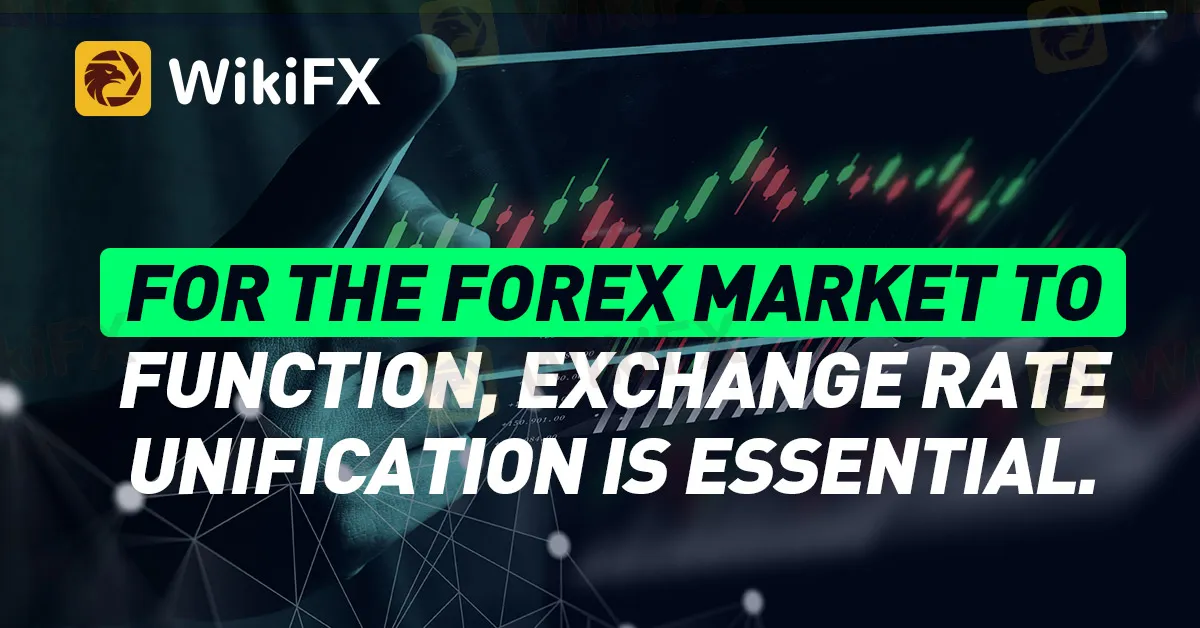Abstract:Former banker and financial expert Mr. Steve Morka praised President Bola Tinubu for taking the initiative and stated that the single exchange rate is essential for the country's functioning foreign exchange market.

Former banker and financial expert Mr. Steve Morka praised President Bola Tinubu for taking the initiative and stated that the single exchange rate is essential for the country's functioning foreign exchange market.
Following Tinubu's earlier announcement, the Central Bank of Nigeria (CBN) issued a circular to all banks on June 14, 2023, outlining changes to how the Nigerian Foreign Exchange (FX) Market operates. This circular reintroduces the “Willing Buyer, Willing Seller” model at the Import and Export (I&E) window, where all eligible transactions can access foreign currency at their preferred rates. In order to do this, according to Morka, the CBN's activities since the publication of this circular have been wholly at odds with the creation of a foreign exchange market in which the forces of supply and demand rule, implicitly permitting the willing buyer, willing seller model to operate.
According to him, the CBN would seem to be having difficulties as it switches from an allocation approach to a market-based model.
The enormous difference already developed between the I&E market and the CBN intervention rates, in his opinion, proves that “the CBN calling banks to submit offers and imposing a cap on rates to bid undermines the concept of market forces. ”One is not blind to the difficulties the apex bank faces on the supply side and the settlement of committed forward sales which are still outstanding, but this allocation approach will not help the situation, rather it will only lead to multiple prices in the market, which is at odds with the goal of the foreign exchange rate unification, the statement reads.
In reference to a CBN circular on wholesale intervention from July 24, 2023, he claimed that the CBN's most recent step is certain to exacerbate existing forex market imbalances.
He claimed that the circular that classified banks based on shareholders in order to determine the maximum amount the banks could bid would destroy efficiency and competition in the financial system, adding that “the six banks with shareholders' funds of N350 billion and above who can individually bid for 12% maximum will jointly control 72 % of the amount offered by the CBN, not because of efficiency or any market dynamics, but by the special grace of CBN categorization. Is this the best way to develop an effective FX market? he questioned, raising concerns about what the CBN hopes to accomplish with this categorization. Is this a viable strategy for achieving a single exchange rate? Is this the best method to increase the financial system's effectiveness? No, not at all, considering that the identical model was tried in the late 1980s and it failed horribly and had to be abandoned after a few weeks of use. After more than 30 years, the CBN is still renewing this failed venture! Shouldn't we be advancing and embracing a market economy, as the president suggested? ”Why doesn't the CBN let clients pick the bank they wish to work with? Why, despite the efficiency, affordability, and other service and product offers of other banks, are they pressuring clients to use them? Ghana and Kenya, two nations facing comparable foreign exchange issues, offer lessons to the CBN. These nations continue to operate under the framework of a single rate plus or minus a few percentage points.
He added that it is now time to develop a foreign exchange market where the interaction of market forces should determine the exchange rate. The CBN, as a player in the market, can influence the currency rate by actively participating in the buying and selling process.
Any distribution by the CBN, preferential allocation, bank categorization, or CBN determination of the fiat exchange rate should cease. The foreign currency market should be established and given the freedom to function in a transparent and efficient way, with equitable treatment for all players. He remarked that the best course of action is to employ market forces to harmonize exchange rates.










